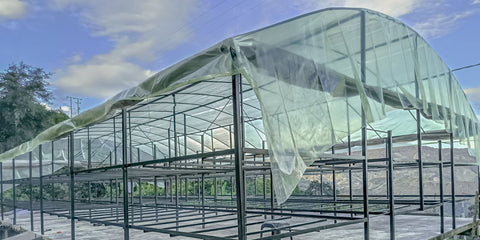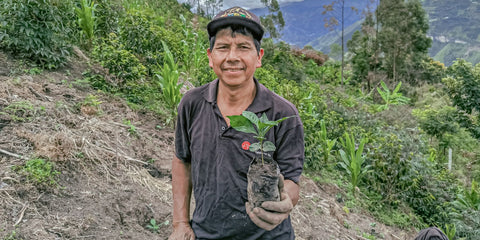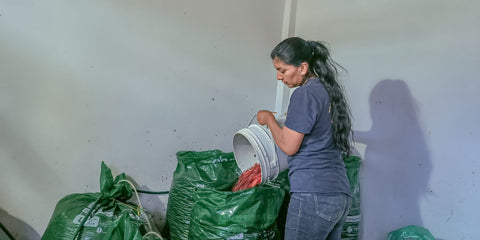
Harvest is on the way! It's time to ferment our coffees.
At Native Root, coffee fermentation is more than a quality process; it's the way we add value to our harvest. As an indigenous community in Colombia, each stage of our coffee process reflects respect for the land, time, and natural transformation. Today, we'll tell you why fermentation is key to the quality of our Colombian specialty coffee and how we've perfected it with ancestral knowledge and scientific evidence.
What is coffee fermentation?
Coffee fermentation is a natural process where microorganisms such as yeast and bacteria break down the mucilage (the sweet layer that covers the pulped bean). This action transforms the sugars and compounds in the bean, generating acids, alcohols, and aromas that directly influence the sensory profile of the final beverage.
Controlling this transformation allows for a cleaner, more stable, and more complex coffee, ideal for lovers of high-quality coffees like Native Root.
What science says about fermentation and what we've known for 3 years since we started fermenting:
Studies conducted in Colombia and other coffee-growing countries have shown that:
Temperatures between 16 and 22 °C promote controlled fermentation.
The pH of the cherries gradually drops from 5.5 to around 3.8, which helps inhibit unwanted microorganisms.
Properly managed fermentations produce lactic acids and esters that enhance the aroma and acidity of the coffee.
At Native Root, these scientific truths intertwine with the empirical knowledge we inherit: the sweet, clean smell of the containers, the texture of the cherries as they are rubbed, and the silence with which nature tells us the right moment to remove the cherries and begin the drying process.
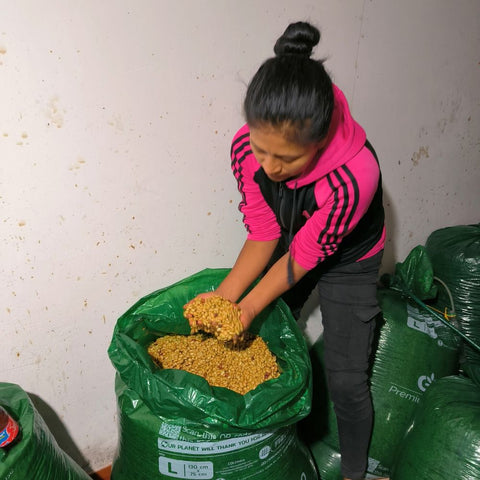
Our fermentation protocols
We currently apply two methods that allow us to express the diversity and richness of our coffee plantations:
Protocol 1: Lactic fermentation (semi-anaerobic)
We select the best cherries at their peak ripeness.
We remove the pulp, leaving 100% of the mucilage.
We ferment in tanks and airtight bags sealed with a valve for 36 to 48 hours.
We control the pH (3.7 to 4.0) and temperature (16–20 °C).
The result: a specialty coffee with floral notes, bright acidity, and a juicy body.
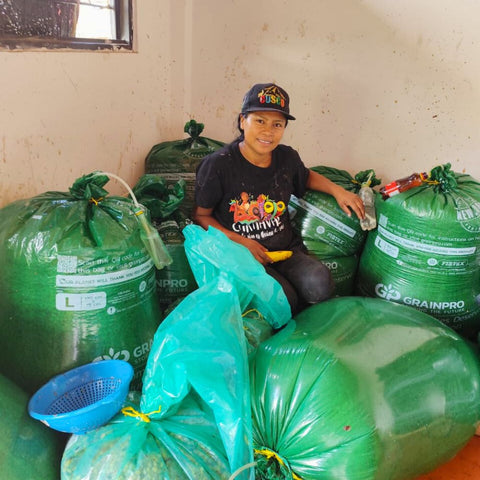
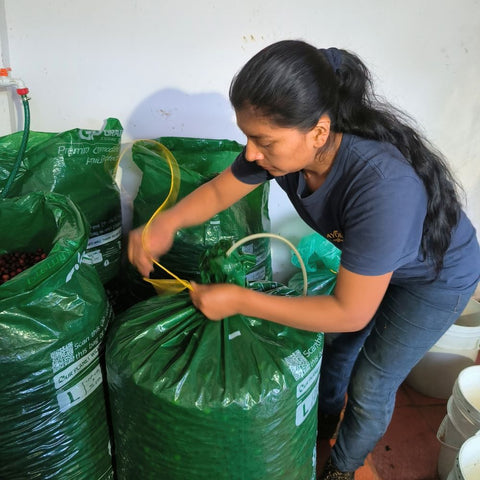
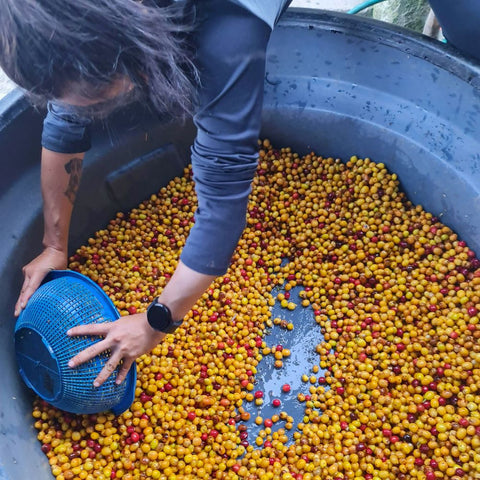
Protocol 2: Extended natural fermentation
- We use ripe cherries, carefully selected during and after harvest.
- We place them whole in closed tanks and airtight bags for 72 to 96 hours.
- We maintain low temperatures and constantly monitor the pH.
- Then we slowly dry them on African beds for about a month and a half.
The result: an artisanal coffee with notes of wine, red fruits, chocolate, and a lingering aftertaste.
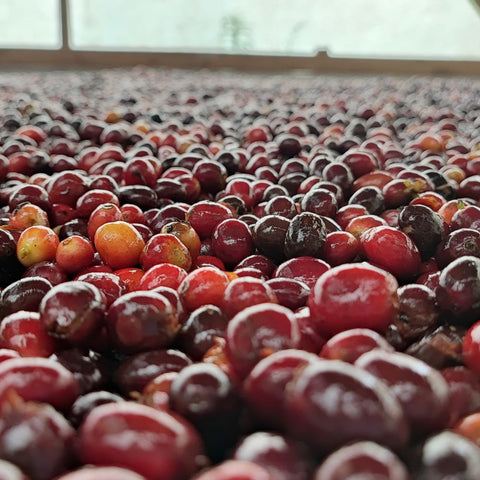
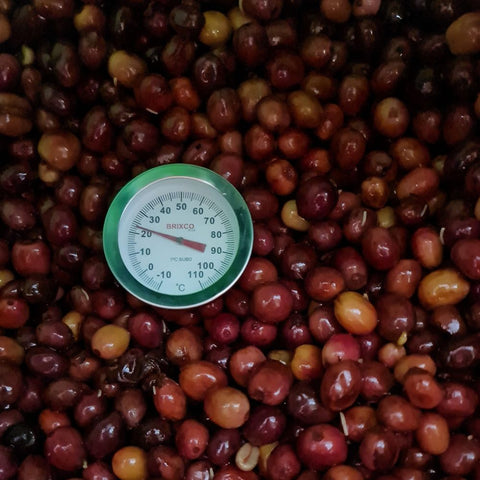
These processes not only improve cup quality. They also reflect our commitment to sustainability and productive autonomy. In every fermented batch, we find the wisdom of our elders, the fair labor of our community, and the passion for creating quality artisanal Colombian coffee with traceability and history.
Fermentation, when respected and understood, is a way to honor coffee from the root to the cup.
We invite you to try our special editions and discover how flavor can also tell an ancestral story. Visit our online store and take home a Colombian coffee of single origin, altitude, and purpose.
